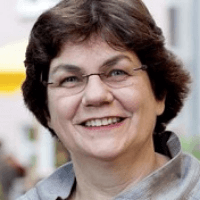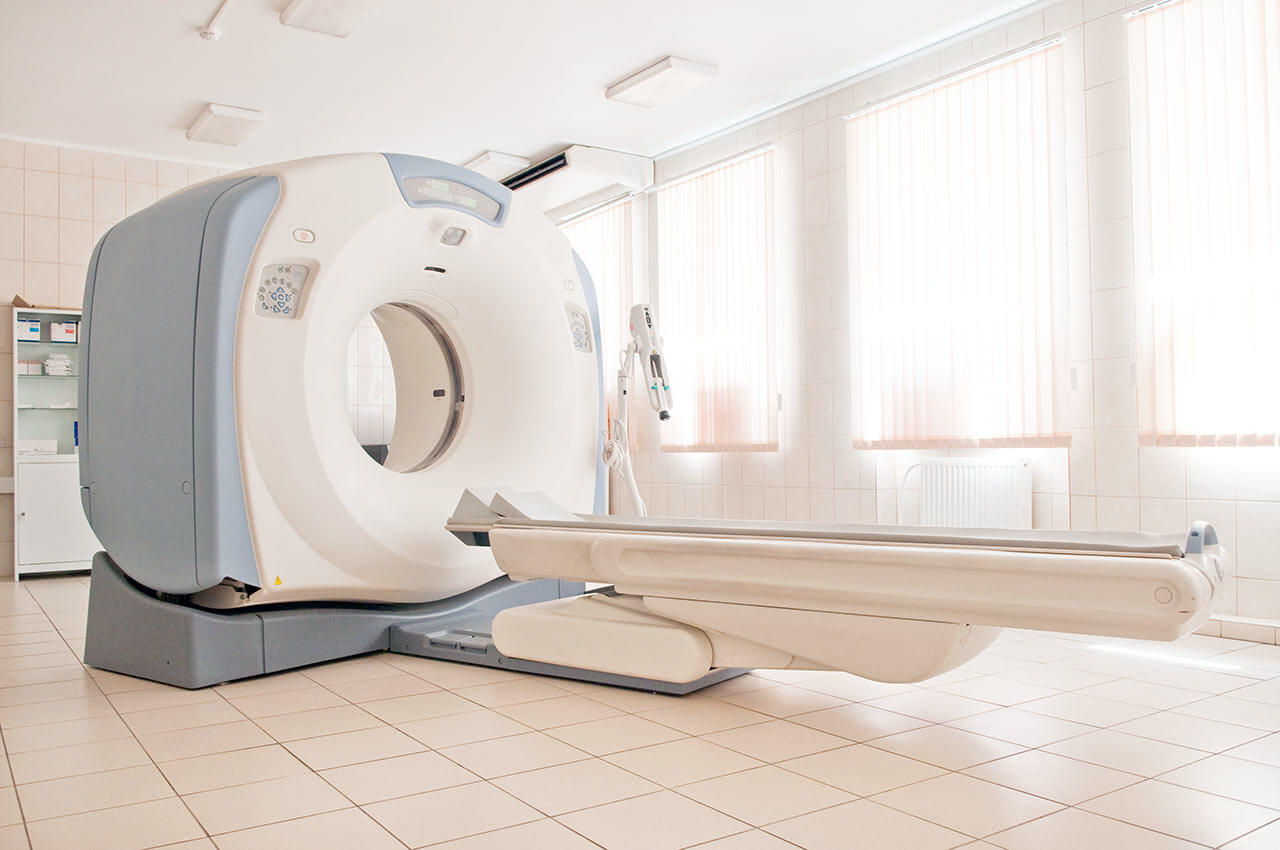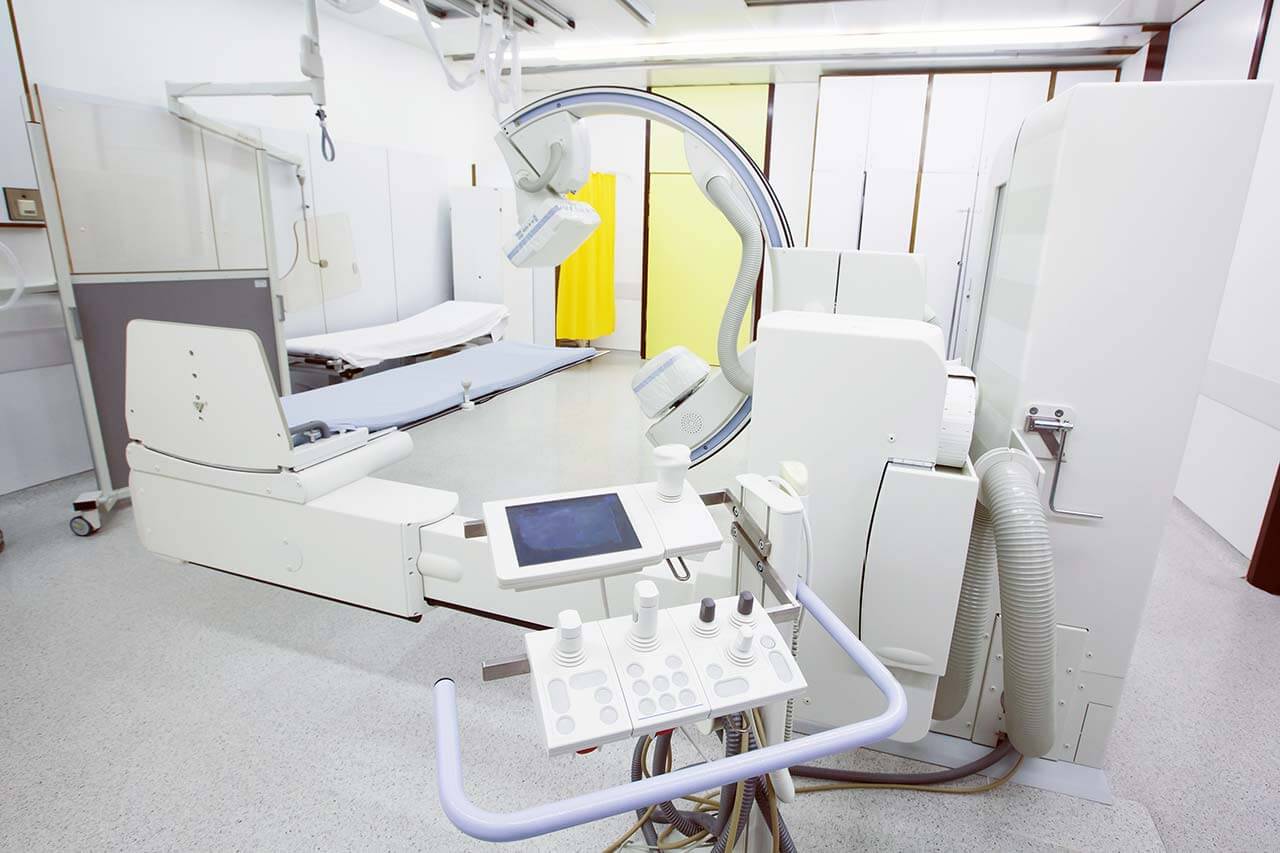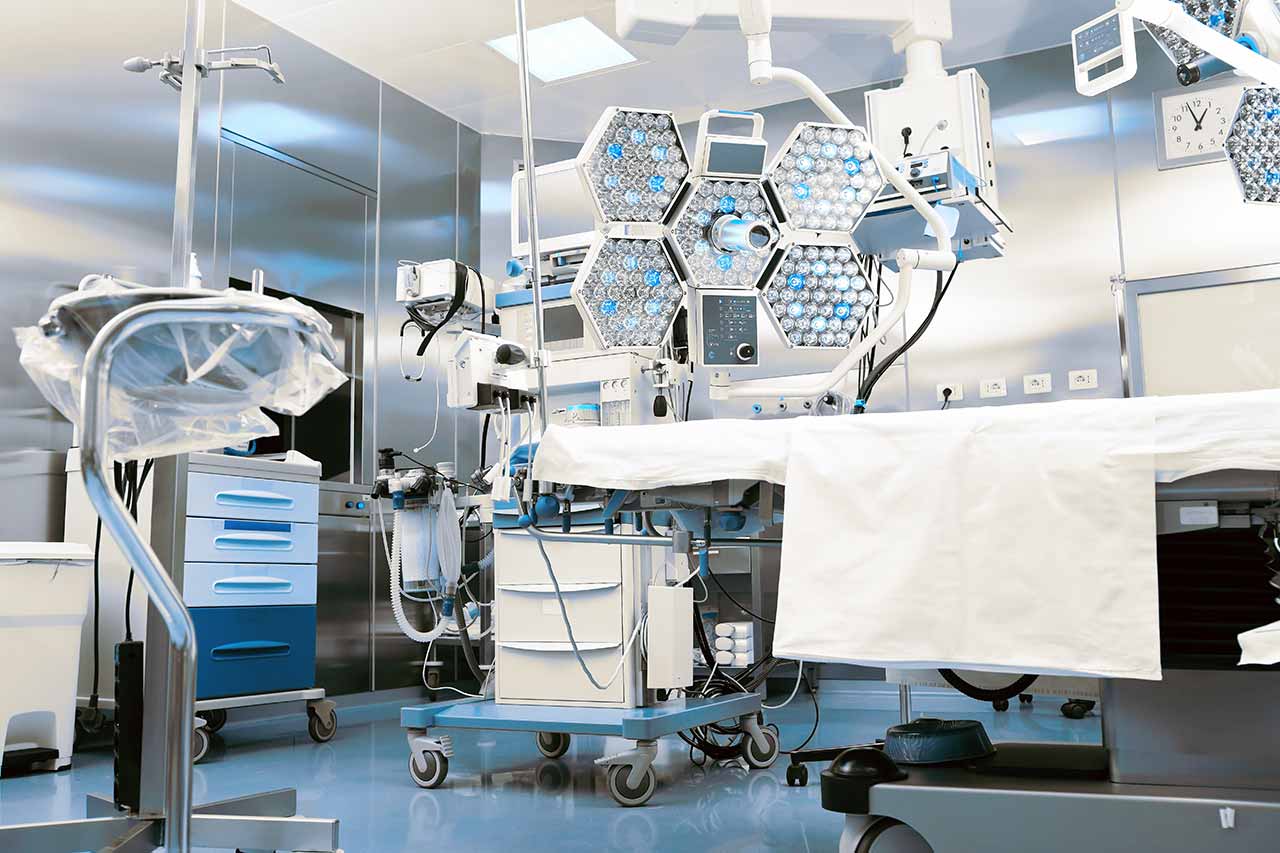
The program includes:
- Initial presentation in the clinic
- case history collection
- general clinical examination
- laboratory tests:
- complete blood count
- biochemical analysis of blood
- TSH-basal, fT3, fT4
- differential blood count
- inflammation indicators (CRP, ESR)
- indicators blood coagulation
- CT/MRI scanners of the complete organism
- needle biopsy of the bone marrow
- biopsy and histological examination of CSF
- examination by experts of:
- cardiology
- otolaryngology
- immunology
- ophthalmology
- one cycle of induction chemotherapy
- symptomatic treatment
- control examinations
- the cost of essential medicines and materials
- nursing services
- full hospital accommodation
- explanation of future recommendations
Required documents
- Medical records
- MRI/CT scan (not older than 3 months)
- Bone marrow biopsy results (if available)
Service
You may also book:
 BookingHealth Price from:
BookingHealth Price from:
About the department
The Department Department of Pediatric Hematology, Oncology and Immunology at the University Hospital Freiburg offers the full range of treatment of benign and malignant hematologic diseases, as well as oncological pathology in children and adolescents. The required specialists from the related areas are actively involved in the treatment, close contact with the child’s parents is maintained. In addition, the department has extensive experience in the field of bone marrow transplantation and stem cell transplantation. It also deals with the treatment of immunological diseases in children. The Chief Physician of the department is Prof. Dr. med. Charlotte Niemeyer.
The specialists of the department pay great attention not only to high-quality medical care, but also to the daily care of young patients. They advise the parents of the child on all issues of interest, strongly support them at all stages of treatment. In addition to specialized doctors, the treatment process involves psychologists, teachers, psychotherapists, educators, and physiotherapists. Individual approach is preferred.
The main clinical focuses of the department include:
- Diagnostic options
- Ultrasound examinations
- X-ray
- MRI
- Scintigraphy
- Biopsy
- Other studies
- Diagnostics and treatment of oncological diseases of various organs (in collaboration with other departments of the hospital)
- Chemotherapy
- Radiation therapy
- Surgery
- Hematopoietic stem cell transplantation
- Psychological support
- Aftercare
- Other treatments
- Diagnostics and treatment of myelodysplastic syndrome
- Diagnostics and treatment of juvenile myelomonocytic leukemia
- Diagnostics and treatment of secondary leukemia (recurrence of blood cancer)
- Diagnostics and treatment of hemangiomas and vascular malformations
- Diagnostics and treatment of diseases of the immune system
- Congenital and acquired immunodeficiencies
- Fever or inflammatory processes of unclear origin
- Increased susceptibility to infectious diseases
- Clinical trials
- Psychosocial support for patients and their relatives
- Experimental laboratory tests (within a special laboratory)
- Other medical services
Curriculum vitae
- Scholarship of the Studienstiftung des Deutschen Volkes.
- 1972 - 1975 University of Kiel, 1st Medical Exam.
- 1975 - 1976 University of Nottingham, United Kingdom.
- 1976 - 1980 University of Freiburg, 2nd and 3rd state exam.
- 10/1980 Admission to medical practice.
- 06/1981 Dissertation. Subject: "On pharmacokinetics of hydrochlorothiazide in kidney failure", University of Freiburg (Prof. Dr. med. H. Knauf).
Professional Activities
- 11/1980 - 06/1983 University Hospital Kiel, Department of General Pediatrics (Prof. Dr. med. J. Schaub), creation of an interdisciplinary Group on Bone Marrow Transplantation.
- 07/1985 - 06/1987 Physician, Bone Marrow Transplantation, Boston Brigham Medical Center Children's Hospital and Women's Clinic in Boston.
- 07/1986 - 06/1988 Instructor, Podiatry, Harvard Medical School.
- 07/1987 - 11/1988 Clinical Fellow with active personal privileges, Pediatric Oncology, Dana Farber Cancer Institute, Boston.
- 12/1988 - 07/1990 Assistant at the University, Hannover Medical School, Department of Pediatrics (Oncology and Hematology), Prof. Dr. med. Dr. h.c. H. Rihm.
- 10/1989 Medical Specialist in Pediatrics.
- 08/1990 - 08/2002 Senior Physician, Department of Pediatrics, University of Freiburg.
- 11/1993 Habilitation and Venia legendi in Pediatrics, University of Freiburg. Subject: "Approaches to the treatment of acute lymphoblastic leukemia in children".
- Invitation to the position of Full Professor of Pediatrics, Leopold Franzens University Innsbruck (03/01 refused).
- Invitation to the position of C3 Professor of Pediatric Hematology and Oncology, University Hospital Freiburg (03/01 accepted).
- 08/2002 Appointment as Head of the Department of Pediatric Hematology, Oncology and Immunology at the University Hospital Freiburg.
- 01/2012 Appointment as a Representative of the Center of Pediatric and Adolescent Medicine at the University Hospital Freiburg.
Main Research Focuses
- Hereditary and acquired bone marrow diseases.
- Juvenile myelomonocytic leukemia and other rare myeloproliferative neoplasias in children.
- Myelodysplastic syndrome and secondary leukemia in children and adolescents.
Photo of the doctor: (с) Universitätsklinikum Freiburg
About hospital
The University Hospital Freiburg is famous for its rich history and is one of the oldest and most prestigious medical facilities in Germany (one of the three best medical institutions in the country). The hospital was based on the Faculty of Medicine of the Albert Ludwig University of Freiburg, which celebrated its 550th anniversary in 2007. It should be noted that the hospital is proud of its world-renowned specialists, many of whom during their work here have become Nobel laureates.
The medical facility represents all fields of modern medicine. It consists of 42 departments, 11 institutes and 10 interdisciplinary centers. The highly qualified doctors of the hospital deal with the treatment and rehabilitation of patients with both common and rare diseases. All departments and institutes of the hospital take an active part in fundamental researches of international scale, due to which patients have access to the very latest achievements of medicine, advanced diagnostic methods, state-of-the-art medical equipment and proven effective methods of therapy.
The hospital has a variety of medical achievements, for example, the world's first TIPS procedure, the first implantation of the Jarvik-2000 artificial heart in Europe, the first robotic-assisted surgery on the brain, and the first combined cardiopulmonary transplantation in the land of Baden-Württemberg. In 2004, the University Hospital Freiburg became the first German hospital, which performed kidney transplantation in the incompatibility of blood groups. At the moment, the hospital belongs to medical centers with the greatest experience in performing such an operation.
An interdisciplinary approach to treatment, highly qualified staff, as well as individual patient care and a pleasant environment are key to the hospital’s success.
Photo: (c) depositphotos
Accommodation in hospital
Patients rooms
The patients of the hospital are provided with comfortable rooms with a pleasant design, which create a conducive atmosphere for recovery. The standard furnishing of the patient room includes a telephone, a free radio and TV, a device for calling medical staff, lockers and a safe, an adjustable bed, a chair and a table. The pediatric departments are designed with play areas. The patient may be accommodated in a single or double enhanced-comfort room (for example, with an ensuite bathroom) at an additional cost.
Meals and Menus
The patients are offered good three meals a day with a large selection of dishes. The patients inform about their wishes to the menu in advance, and this information is transmitted to the kitchen. Throughout the day, patients may drink mineral water and tea, which can be found in the department on special tables. The bedridden patients receive drinks from the nursing staff. Other drinks may be purchased at the hospital’s cafeterias and bistro, where patients can come along with visitors.
If you do not eat some products due to intolerance or other personal reasons, please notify the nursing staff in advance, so that all your wishes to be taken into account when preparing the menu.
Further details
Standard rooms include:
Television
All patient rooms have a free radio and TV. The patients can also watch the hospital’s own 24-hour channel with a varied program and interesting information.
Accompanying person
At the availability of free beds, the accompanying person may be accommodated in the same room with the patient, at an additional cost. In addition, the hospital offers special accommodation conditions for patients requiring long-term hospitalization. Parents have at their disposal special apartments in the children's hospital.





